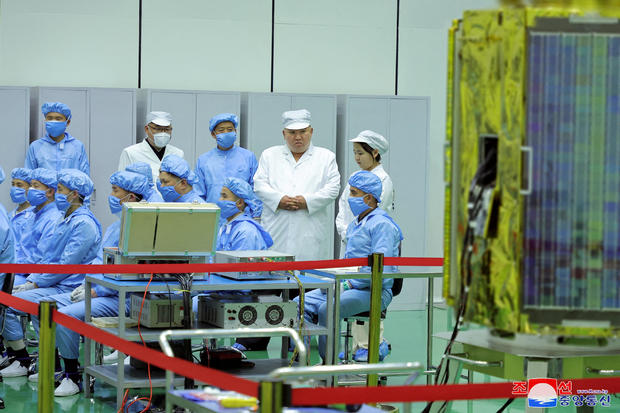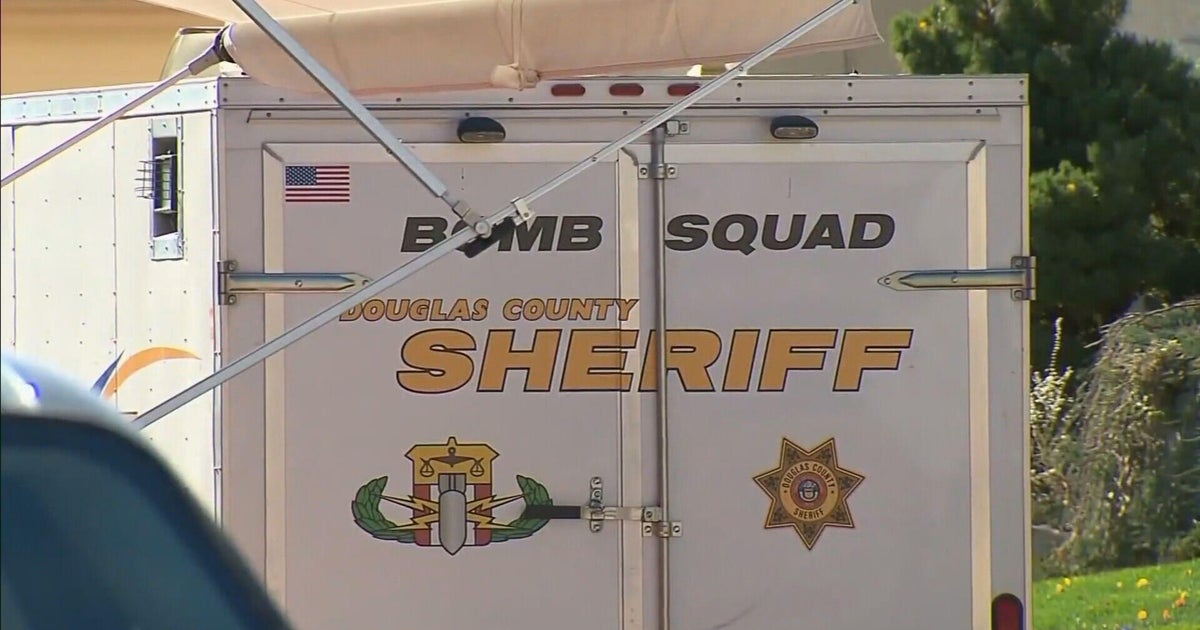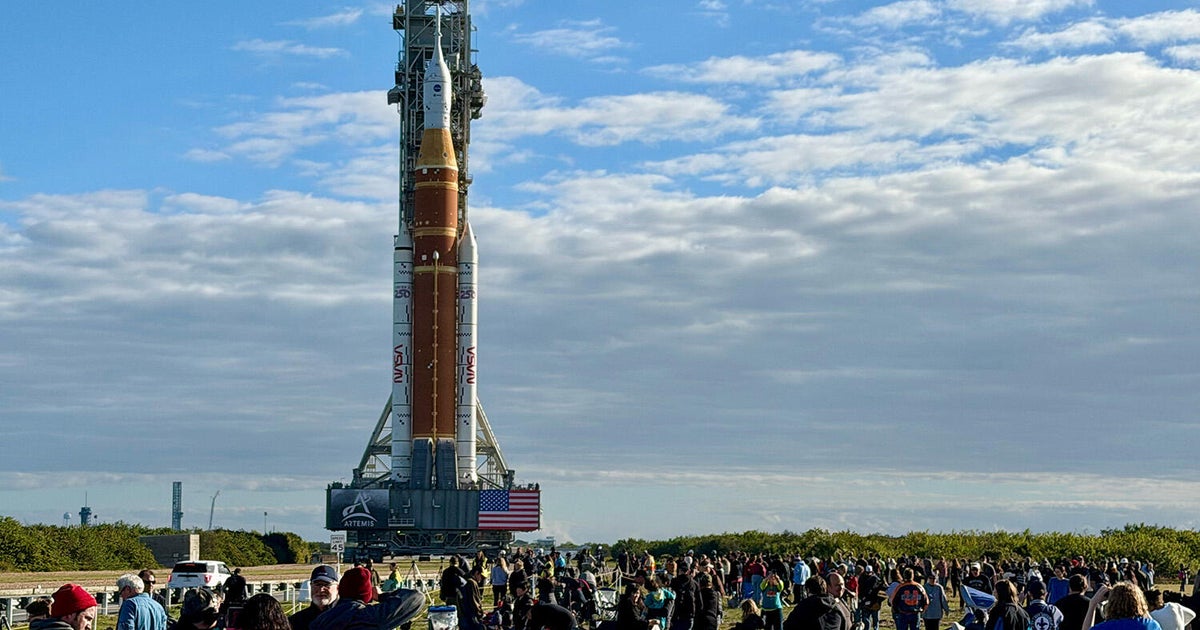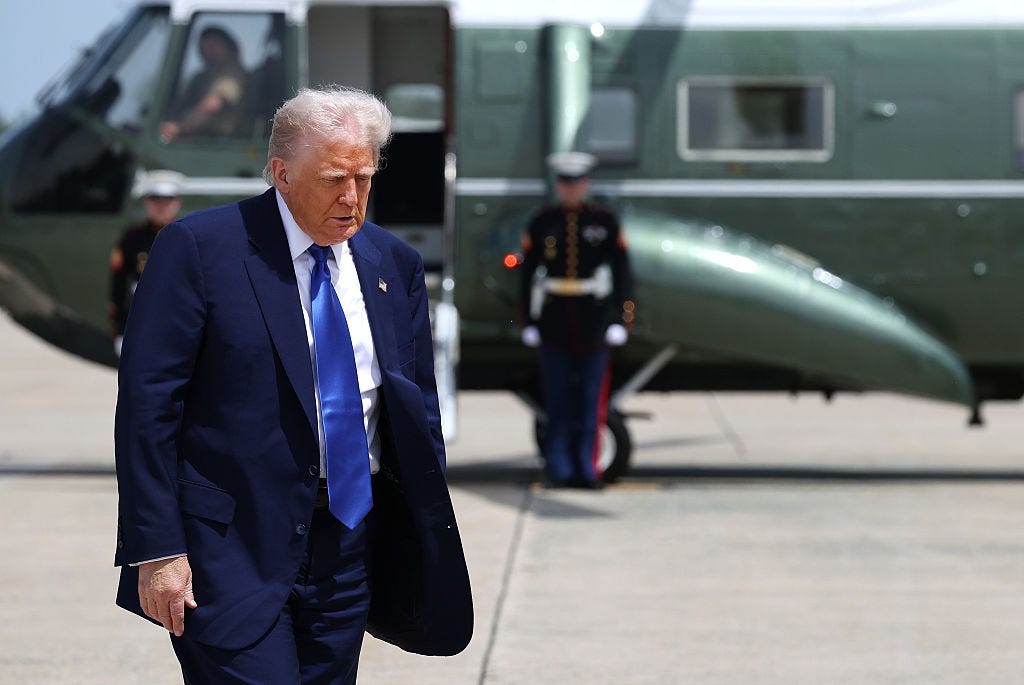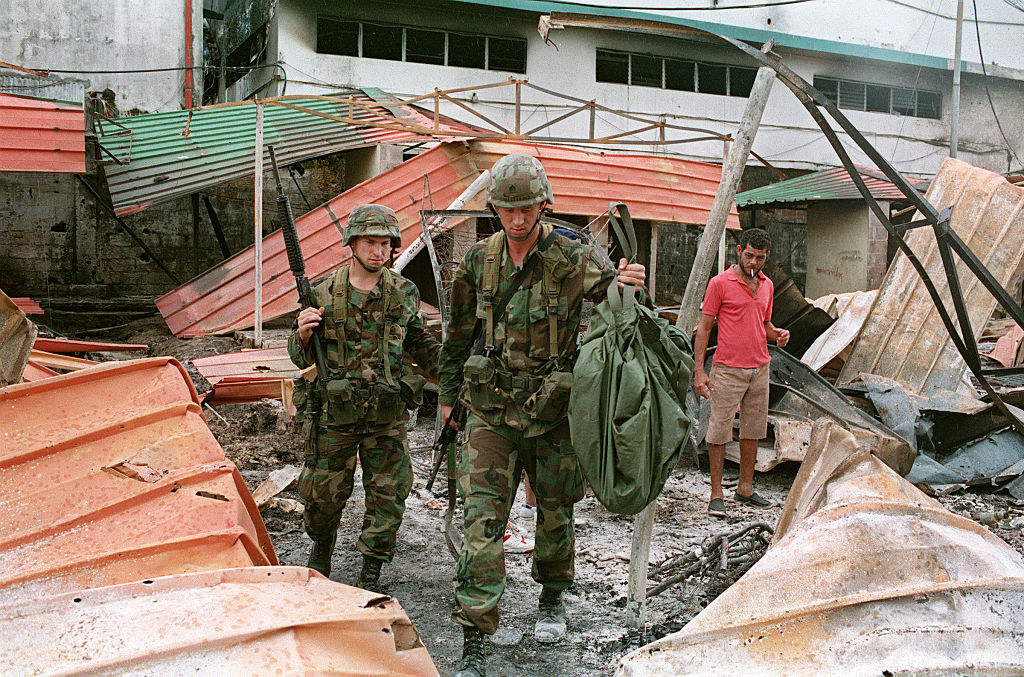North Korea condemns "gangster-like" reactions of U.S. to spy satellite launch
Kim Yo Jong, the sister and senior aid of North Korean dictator Kim Jong Un, condemned the international community's reaction to North Korea's launch of a military spy satellite, which crashed into waters off the Korean Peninsula's western coast on Tuesday.
Kim singled out the United States, accusing it of hypocrisy, "gangster-like logic" and "inveterate hostility" toward North Korea.
"If the DPRK's satellite launch should be particularly censured, the U.S. and all other countries, which have already launched thousands of satellites, should be denounced," Kim said in a statement Wednesday published by North Korean state-run agency KCNA. She also accused the U.S. of "watching every movement" of North Korea with its own reconnaissance satellites and planes.
National Security Council spokesperson John Kirby said Wednesday at a press conference the "major concern" with North Korea's launches is that "whether it fails or succeeds, Kim Jong Un and his scientists and engineers, they work and they improve and they adapt. And they continue to develop military capabilities that are a threat not only on the peninsula but to the region."
Following the launch, NSC spokesperson Adam Hodge said Tuesday, "The door has not closed on diplomacy but Pyongyang must immediately cease its provocative actions and instead choose engagement."
North Korea said Wednesday that its attempt to put the country's first spy satellite into orbit failed, an apparent embarrassment to leader Kim Jong Un as he pushes to boost his military capability amid protracted security tensions with the United States and South Korea.
In a statement published in state media Tuesday, North Korea said the rocket carrying the spy satellite crashed into the water after it lost thrust following the separation of its first and second stages. It said scientists were examining the cause of the failure and vowed that authorities would "conduct the second launch as soon as possible."
The statement marked a rare instance of North Korea admitting a military failure.
South Korea's Joint Chiefs of Staff described the projectile as "flying an abnormal flight," and said it fell into the sea about 200 km (124 miles) west of South Korea's Eocheong island. It later said that it had "salvaged an object presumed to be part of the 'North Korean space launch vehicle.'"
The launch prompted early morning military alerts that were sent out to residents of Japan and South Korea, just two minutes after the launch.
People in the southernmost islands of Okinawa in Japan, which lies south and a little east of the launch site, heard sirens and were warned to take shelter at 6:29 am. They got the all-clear about half an hour later.
People in South Korea's capital Seoul got a similar warning, with air raid sirens and messages on their phones, but it turned out Seoul was never in danger and the city apologized for the mistake.
Kim vowed that another North Korean military reconnaissance satellite would be "correctly put on space orbit in the near future and start its mission."
Elizabeth Palmer contributed to reporting.
